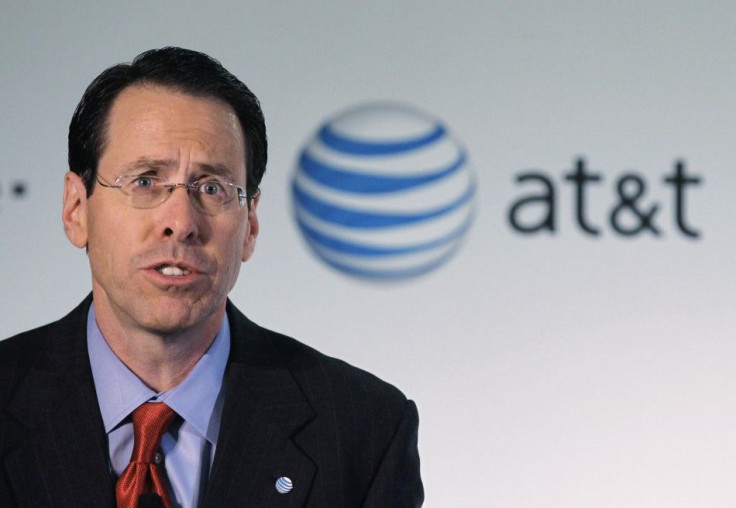COLUMN: Ma Bell Stifled Innovation, AT&T May Do the Same

AT&T recently announced it plans to acquire T-Mobile to create the largest wireless network in the US. If the deal is allowed to be completed, it will create only three major players in the industry with Verizon being a close second and Sprint being a distant third.
Sprint, along with consumer rights groups, have already cried foul. They argue that AT&T’s proposed acquisition will stifle competition and innovation.
To get an idea of what AT&T may do, it helps to look at Ma Bell, the predecessor of AT&T. From 1877 to 1984, Ma Bell had a monopoly in the US telephone industry. During this time, it stifled innovation.
According to Tim Wu, professor at Columbia Law School and author of The Master Switch, Ma Bell suppressed the technology of the magnetic recording tape.
In 1934, a scientist for the company named Clarence Hickman built a voice answering machine that could record a caller’s audio message on a magnetic tape. Ma Bell thought the ability to record voice would cause businesspeople to shun the telephone for fear of having their conversations recorded.
It would change the whole nature of telephone conversations and render the telephone much less satisfactory and useful in the vast majority of cases in which it is employed,” according to an internal note from Ma Bell.
After coming to this conclusion, Ma Bell shut down all research in magnetic recording tapes, concealed Hickman’s research, and actively discouraged the use and development of this technology by others.
Of course, Ma Bell’s fears were entirely unrealistic. Its suppression of the magnetic recording technology, however, is no small matter.
This technology gave rise to cassette tapes, video tapes, and eventually computer disks. It was an early foundation of the information technology revolution. Had Ma Bell not suppressed Hickman’s research, the IT revolution may have occurred decades earlier.
Why did Ma Bell act in such an extreme manner? It did so because it was a monopoly.
Monopolies are extremely profitable at the expense of all other stakeholders; they have a strong incentive to keep things just the way they are.
One of their biggest fears is disruptive technologies and they go to all lengths to suppress them.
Conversely, an industry with many small players is the complete opposite. These companies are fighting for survival. They’re hungry, insecure, and thirsty for ways to gain an edge. They love disruptive technologies; they’re always looking to pioneer and be the first-mover in new, hot trends.
T-Mobile, the acquisition target of AT&T, was that hungry, small player in the wireless network industry; it came up with creative customer plans and took chances on new phones.
Casey Chan of Gizmodo pointed out that T-Mobile was the first carrier to take Google’s Android to the mass market. If the US wireless network industry were a monopoly, the Android may have been suppressed.
After all, if the monopoly wireless network was doing fine with the iPhone and BlackBerry, there is absolutely no reason for it to take a chance on a third unproven Smartphone system.
The stifling of the Android may not have far-reaching implications for humanity. If AT&T merges with T-Mobile and stifles innovations in customer service, service plans, and unproven phones, the damage may be confined to its customers.
However, AT&T will do real damage to humanity if it decides to stifle a revolutionary technology.
Corporations, in 2011, as in 1934, will not hesitate to shut down a technology if their profitability is threatened by it. The old school music industry and print newspapers were devastated by the Internet. If they can control the Internet, they would shut it down.
Examples of modern companies stifling technology they can control is hard to prove because they obviously hide such acts; it took sixty years for a historian to dig up Hickman’s story.
Centuries of capitalism have proven that competition unlocks innovation and advancements. If AT&T were allowed to acquire T-Mobile, it would create an oligopoly in the US wireless network industry. It won’t be as bad as a monopoly like Ma Bell, but it certainly won’t be a very competitive industry.
© Copyright IBTimes 2024. All rights reserved.





















